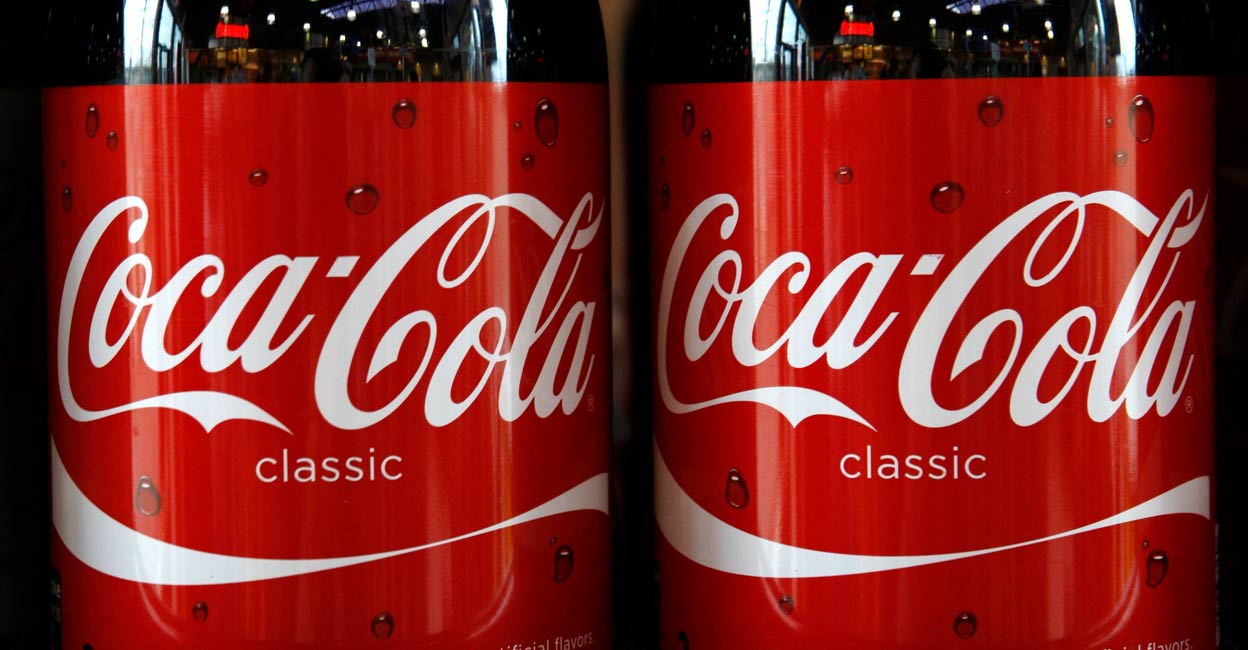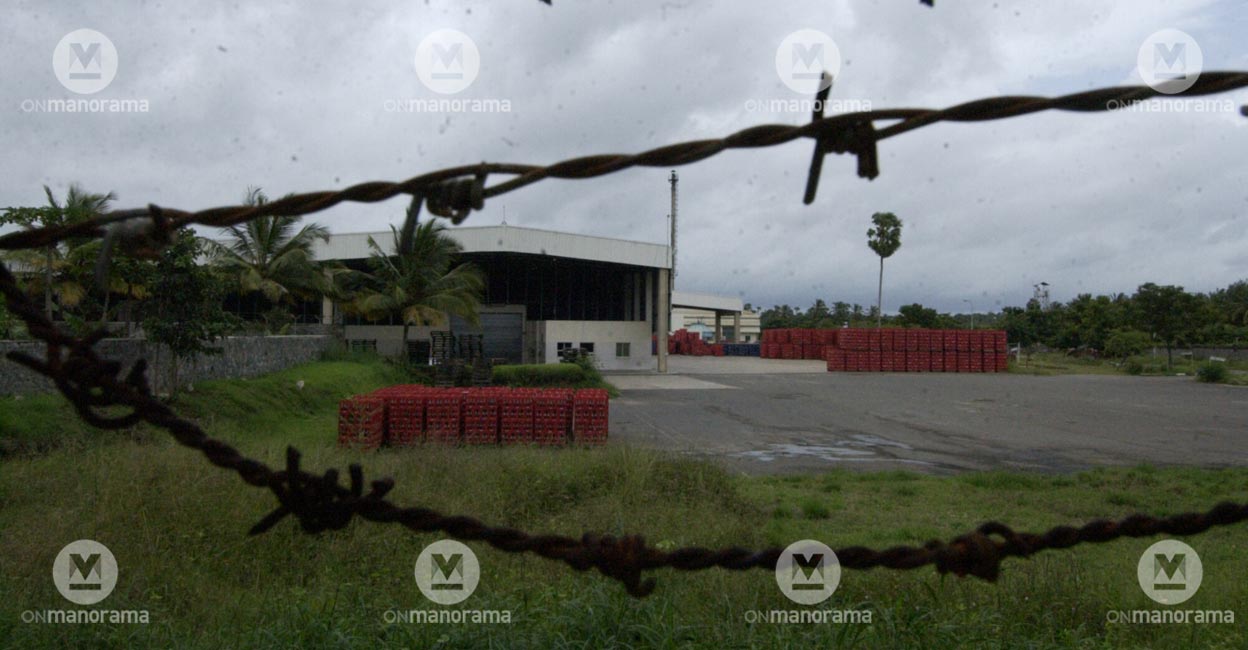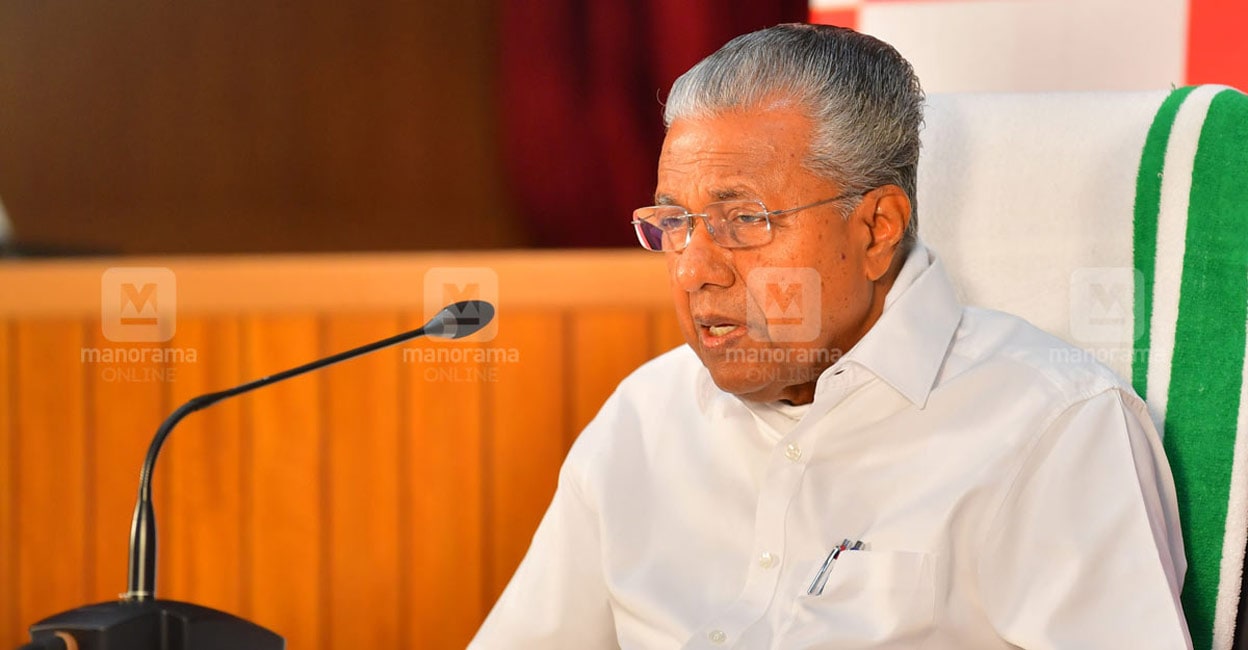LDF government's attempts to help Coca Cola fall flat. NHRC reopens Plachimada case

Mail This Article
A submission made long after the deadline has done the trick.
Nearly ten months after it had closed the file based on misleading government reports, the National Human Rights Commission (NHRC) has reopened the case against Coca Cola for sucking dry the natural resources of Plachimada village in Palakkad's Perumatty grama panchayat.
The new development has come six months after Chief Minister Pinarayi Vijayan praised Coca Cola for helping the government to convert the old bottling plant in Plachimada into a Covid Care Centre.
It was two government reports - one by the police and the other by the Environment Department - that apparently prompted the NHRC to close the case in March 2021. The reports, drawn from the analysis of water samples collected at a convenient time for the Cola major, said that the presence of pollutants in the water bodies were below acceptable levels.
Last February, before closing the file in March, the NHRC had also sent a communication to noted ecologist S Faizi for his response. Faizi was an 'expert member' of the High Power Committee (HPC) set up in 2009 to assess the scale and nature of the damages caused by Coca Cola.

Great mail tragedy
His response was sought not in this capacity but because he had in 2019 written to the NHRC describing the LDF government's attitude towards the victims as "a textbook case of denial of human rights".
Faizi had said that the government was not insisting on compensation for the victims (the HPC had pegged the damages at Rs 216 crore) and was also not keen on pursuing cases against Coca Cola under the Scheduled Caste and Scheduled Tribe (Prevention of Atrocities) Act, 1989.
The NHRC wanted to know more. Faizi had four weeks to respond but he missed this communication; it went to his junk mail. The case was closed. "The Commission has not received the requisite comments on the report from the complainant. In view of such facts, no further intervention of the Commission is required. The case is closed," the NHRC said in March 2021.
Faizi was later alerted to the NHRC missive and, though the deadline had long expired, he gave a detailed reply to the NHRC in which he contested the findings of the police and the Environment Department, both under Chief Minister Pinarayi Vijayan.
Late legal challenge
It was the timing of a police complaint, June 2016, filed by one of the tribal victims (Thangavelu) that the police used to hoodwink the NHRC.
The Coca Cola plant was shut in 2005 but the victims' relentless struggle for compensation was consistently ignored. The governments were not interested in making the polluter (Coca Cola) pay.
So in 2016, more than a decade after the plant was shut, the victims tried a new strategy to make Coca Cola accountable. They moved a case under the Scheduled Caste and Scheduled Tribe (Prevention of Atrocities) Act. More than 30 per cent of the population of Perumatty panchayat, under which falls Plachimada, were scheduled castes and scheduled tribes.

There is a clause in the SC/ST Prevention of Cruelties Act that could be invoked to punish Coca Cola. Here is what clause 3(1) (i) of the Act says: "Whoever, not being a member of a Scheduled Caste or a Scheduled Tribe, forces a member of a Scheduled Caste or a Scheduled Tribe to drink or eat any inedible or obnoxious substance shall be punishable with imprisonment for a term which shall not be less than six months but which may extend to five years and with fine."
The High Power Committee had found that besides the massive depletion of groundwater, the solid waste excreted by the Cola plant was scattered over farmlands and was even sold to poor farmers as manure by the Coca Cola authorities. Scientific studies revealed this solid waste to contain near zero nitrogen and dangerously high levels of cancer-inducing cadmium and lead.
Time travel trick
Though a case was registered, the Palakkad police wrote it off saying it was not maintainable under the SC/ST Atrocities Prevention Act. When the complainant moved the SC/ST Special Court, Mannarkad, the police said it would do a scientific analysis of water sources in the area.
This is where the police acted with cunning. Coca Cola had desecrated Plachimada between 2000 and 2004 but the police asked the Pollution Control Board (PCB) to collect samples of existing water sources in 2019, 15 years after the Cola company shut down operations.
The analysis done by the district environment engineer (DEE) of the PCB, not surprisingly, observed that all components of water were within admissible levels, except for chromium which was marginally high in some wells. With this, the case against Coca Cola was closed.
Mountain of evidence
Faizi, in his late submission, questioned the DEE study. “The DEE was misleading the Commission through the superintendent of police. The pollution by the company and the breach of laws occurred during the period 2000-2004 and therefore there is no point in examining the well water in 2019,” Faizi said.
“The scientific way to assess this was to examine the historical records of water, soil and sludge samples done in the village by the PCB and other competent agencies during 2000-2004 and immediately thereafter,” he said. Such an examination, Faizi said, was already done at the highest scientific level in the state by the HPC, which also included the chairman of the PCB.

He then listed the innumerable scientific evidence at the state's command. "The pollution caused by the Cola company was unequivocally confirmed by the Exeter University (July 2003), State Pollution Control Board (PCB)(Sept 2003 and Oct 2005) Central Pollution Control Board (November 2003) and confirmed again by the Supreme Court’s Monitoring Committee on Hazardous Wastes (Aug 2004), several studies by the Kerala Groundwater Dept, and by the Kerala Agricultural University."
The HPC report had also given examples of heavy pollution. "Lead in the well water was 11 times more than the permissible maximum, Cadmium in well water was double the permissible limit, Cadmium in the sludge was six times the maximum permitted (this sludge was spread all over the village by the heartless Cola company misleading the farmers as manure), chlorides in water were about 4 times above, hardness of water was three times normal."
Faizi's submission eventually prompted the NHRC to reopen the case.
Incompetence or wilfullness
Faizi was highly critical of the DEE. He said the DEE chose to ignore the HPC report either out of professional incompetence or purposefully. “Either way, his report should be rejected,” Faizi said. However, when Onmanorama spoke to the DEE, Krishnan N M, he said he was only following police orders. “We had no idea of the NHRC involvement. We were contacted by the police and asked to conduct a status study of wells in the area,” Krishnan said.
Now that the NHRC has directly asked the PCB's response, Krishnan said he would prepare a report based on the findings of the HPC.
Wikileaks and Pinarayi-Cola bond
The new development should be of concern to the Pinarayi Vijayan government. The LDF ministry under Pinarayi Vijayan has never demonstrated any intent to make Coca Cola pay for its misdeeds. It has brushed aside attempts to corner Coca Cola under the SC/ST Prevention of Atrocities Act. It has also not put any pressure on the Centre to revive the Plachimada Coca Cola Victims Compensation Claims Tribunal Bill, 2011, which was passed unanimously by the Assembly during LDF tenure under V S Achuthanandan. The Bill was denied assent by the president in 2016.
A Wikileaks expose in 2011 had revealed that Pinarayi, as CPM state secretary, wanted more foreign investments and was, therefore, keen to erase the perception that the CPM was behind the closure of the Cola plant in 2005. In 2008, when a senior US official visited him at AKG Bhavan in Thiruvananthapuram, Pinarayi told him that Coca Cola was hounded by “anti-Western New Delhi-based NGOs”. Significantly, V S Achuthanandan, who was chief minister then, refused to meet the US official.
Chief Minister Pinarayi Vijayan is so against troubling the US multinational that there is no mention of a compensation tribunal for Plachimada victims in the LDF's 2021 Election Manifesto. In 2016, when Achuthanandan was still the popular face of the LDF, reviving the compensation tribunal bill was one of the 100 promises of the LDF manifesto. It is another matter that the last Pinarayi government did nothing on this count.
Last June, during the peak of the second COVID wave, it was as if the government had settled the Coca Cola issue once and for all. The abandoned bottling plant of Coca Cola at Plachimada was converted into a 550-bed COVID Care Centre, with the Cola giant spending Rs 60 lakh from its CSR funds for the repurposing.
When the chief minister praised Coca Cola for its generosity, it was as if the Cola giant was let off for a pittance; Rs 60 lakh in the place of Rs 216 crore.


